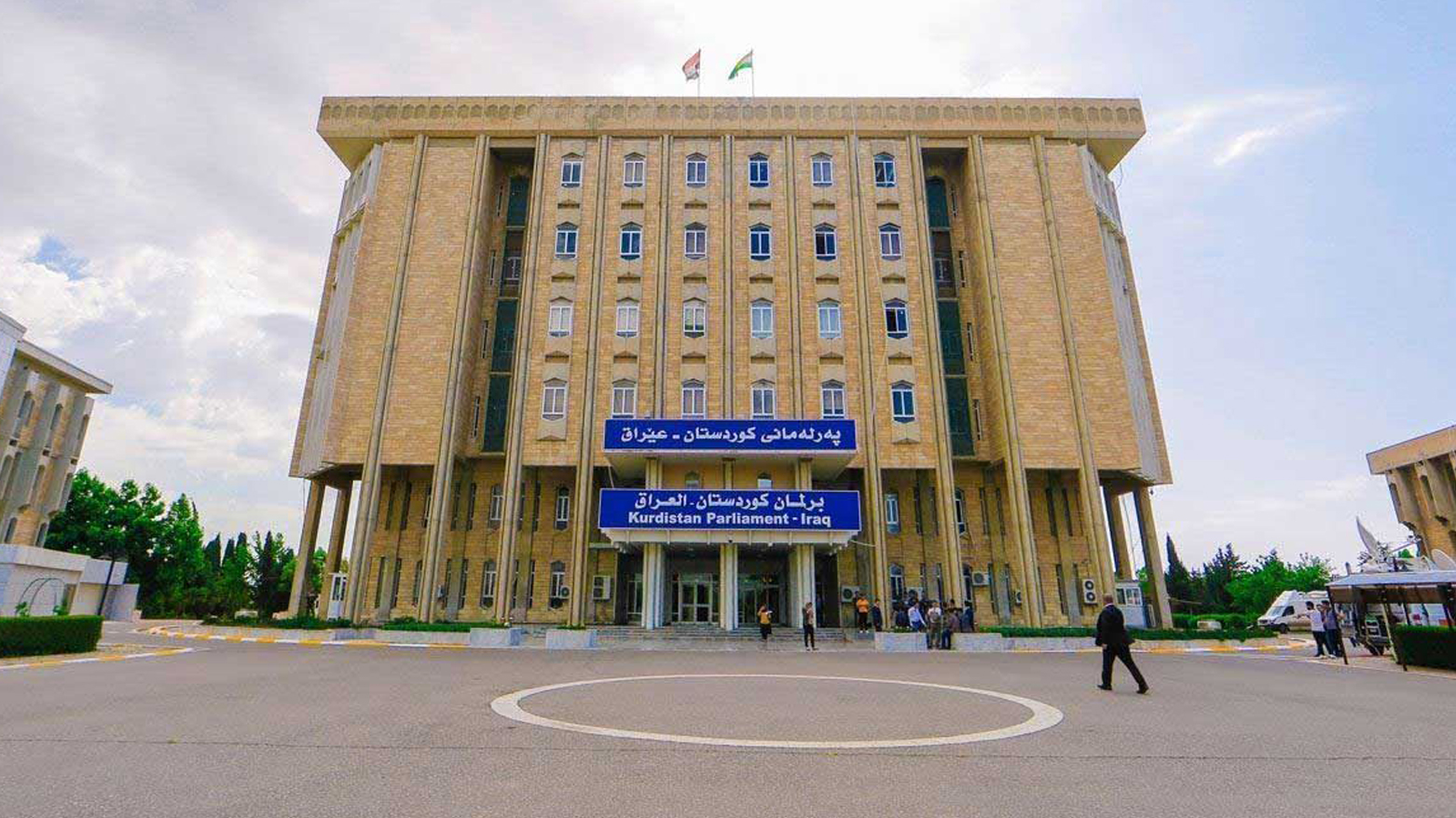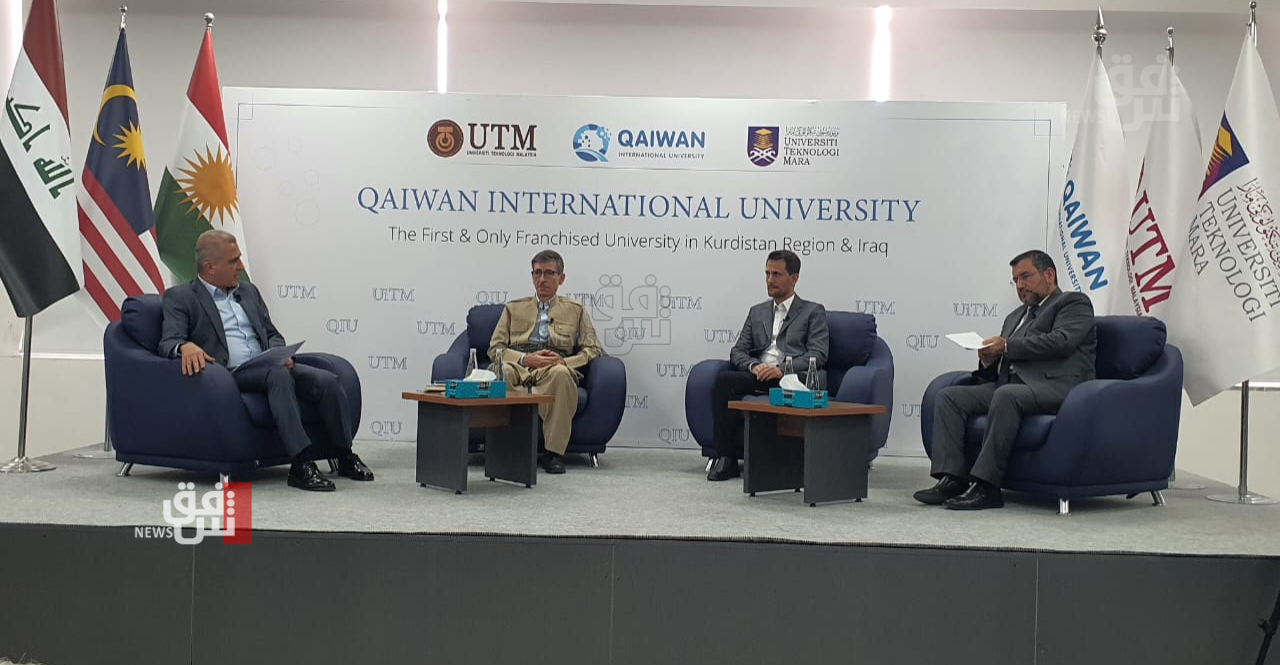Kurdistan Region's parliamentary elections: A new political landscape emerges

Shafaq News/The preliminary results of the Kurdistan Region’s parliamentary electionsreveal a reshaped political landscape, marking a critical juncture for theRegion, with expectations for a new government capable of addressing economic,political, and social issues while maintaining Regional stability.
ElectionResults
With theannouncement of preliminary results from the Kurdistan Region’s parliamentaryelections, the political landscape is beginning to take shape.
TheKurdistan Democratic Party (KDP) has emerged as the leading party with 39seats, followed by the Patriotic Union of Kurdistan (PUK) with 23 seats, andthe New Generation Movement (Al-Jil Al-Jadeed-NGM) securing 15 seats.
According tothe Independent High Electoral Commission (IHEC), the KDP’s 39 seats, whilesecuring first place, mark a loss of six seats compared to the 2018 elections,where it won 45. The PUK, on the other hand, gained two seats from its previoustotal of 21. NGM saw the largest increase, gaining seven seats compared to itsprevious eight, now holding 15.
Otherpolitical factions, such as the Islamic Union of Kurdistan (seven seats) andthe newly formed Coalition of Stance (four seats), have also made their mark,while the Gorran (Change Movement) suffered the biggest loss, dropping from 12seats to just one.
The resultsreflect the continued dominance of the two main parties, the KDP and PUK, butalso highlight the rise of opposition forces like the NGM, which finishedthird. Emerging parties, such as the People's Front—a splinter group from thePUK with two seats—and the Coalition of Position, led by Ali Hama Saleh, aformer member of the Gorran, have also secured representation.
Voterturnout was substantial, with 97% participation in the special voting and 71%in the general voting. Saad Al-Battat, head of the election monitoring group"Ayn", told Shafaq News Agency that these elections were among thebest conducted in Kurdistan since 1992, citing the use of biometric votingtechnology as a major factor. "The biometric system increased voterconfidence, ensuring that their votes were secure and would not be tamperedwith," Al-Battat explained, though he acknowledged that no election iswithout challenges.
Politicalanalyst Mohammed noted that while the KDP and PUK have retained their positionsat the top, the rise of opposition forces, particularly the New GenerationMovement, signals a shift in the political dynamics of the region. “Theemergence of new opposition forces such as the NGM and other smaller partieslike Coalition of Position and People's Front shows that the politicallandscape is changing,” Sabah told Shafaq News Agency.
Kurdistan’sParliament
MahmoudKhoshnaw, a senior member of the PUK, expected the new parliament to bemarkedly different from previous sessions, with no party holding a clearmajority. "There will not be a simple majority of 50% (half plus one) inthis parliament," Khoshnaw told Shafaq News Agency, adding that this willcomplicate negotiations over government formation, the election of thepresident and prime minister, and the overall political landscape of theRegion.
Khoshnawnoted that while this situation presents challenges, it could also benefit theKurdistan Region by promoting a more inclusive and cooperative politicalenvironment. "The nature of governance in the Kurdistan Region requiresthat no single party controls a majority. This could break the politicaldeadlock and force parties to negotiate in good faith," he said.
He addedthat the fragmented nature of the new parliament will also influence thefunctioning of the executive branch, requiring the prime minister to consultmore widely with ministers. "There will be no parliamentary shield for theprime minister or his cabinet, as was the case in the previous term when theruling party held a majority," Khoshnaw explained, predicting morescrutiny and accountability from parliament.
Regardingthe key task for the new parliament, according to observers, it will bedrafting a constitution for the Kurdistan Region, a long-awaited document thatcould define the future of governance in the semi-autonomous Region.Additionally, the parliament will need to revive the Kurdistan electoralcommission and appoint members to the electoral board, taking into accountconcerns raised by Iraq's Federal Supreme Court. Modifying the electoral law toprevent disputes in future elections is also a priority.
The incomingparliament faces a backlog of proposed laws from the previous government, manydesigned to address the population's needs.
According toformer Kurdistan Parliament member Abdul Salam Barwari, these include criticallegislative proposals that were delayed due to political gridlock.
In turn, KDPmember Wafa Mohammed Karim outlined four key priorities for the new parliament:“forming a coalition government, drafting the Region's constitution, unifyingthe Kurdish military forces under a single command, and reaching agreementswith Baghdad on oil, the budget, and the implementation of Article 140.”
KRG
KurdistanRegion President Nechirvan Barzani described the elections as a "majorvictory," highlighting the peaceful and orderly process. "The worldrespects this achievement," Barzani said, adding, "What completesthis victory, and what the people of Kurdistan are eagerly awaiting, is for thepolitical parties to form the government as quickly as possible after the finalelection results are confirmed."
Barzanistressed the urgency of forming a government capable of enhancing stability,strengthening the economy, and ensuring greater rights for the Region’spopulation. He called for cooperation and unity among all political parties,saying, “Facing the current challenges and building a shared future requiressolidarity and teamwork among all political forces and communities."
Despite thisoptimistic tone, the path to government formation may be challenging. Barwarianticipated delays, predicting that months may pass before a government isformed.
“The PUK,which has recently acted as an opposition force despite being a key coalitionpartner, is expected to push for influential positions such as the presidencyor premiership as conditions for joining the new government.”
"ThePUK's behavior in the past two years and its electoral strategy will likelylead to increased demands, possibly insisting on key leadership roles in thenew administration," Barwari told Shafaq News Agency.
Politicalanalyst Dr. Saif Al-Saadi, an expert on Kurdish affairs, noted that the sixthparliamentary election comes amid heightened tensions between the KDP and thePUK, with a growing rift between the two dominant parties. This division couldfurther delay the formation of the new government, as electing a prime ministerrequires the support of two-thirds of the parliament.
"PUK leaderBafel Talabani has already stated that the PUK will not allow the appointmentof the Region's president or even lower-ranking officials without its approval.The KDP, on the other hand, insists that it has the right to form thegovernment due to its electoral victory," Al-Saadi told Shafaq NewsAgency.
Thisimpasse, according to Al-Saadi, mirrors the challenges seen at the federallevel in Baghdad, where government formation often drags on for months due tofactional disputes. "We are likely to see a similar delay in Kurdistan,with external regional powers potentially influencing the process to break thedeadlock," he added.
Forming agovernment will be challenging, as no party secured the 51-seat majorityneeded. The KDP, with 39 seats, will need to form a coalition, likely with itstraditional ally, the PUK. Together, their combined 62 seats would allow themto form a government. However, the presence of a sizable opposition bloc couldcomplicate negotiations, requiring delicate political maneuvering to achieveconsensus.
“Thepolitical parties are aware that they are entering a new phase that willrequire negotiations to form the next government,” political analyst MohammadSabah said.
“Given theopposition’s strength, this task will not be easy, as a consensus governmentwill be necessary to move forward. This could lead to a new political equationin the Kurdistan Region.”


